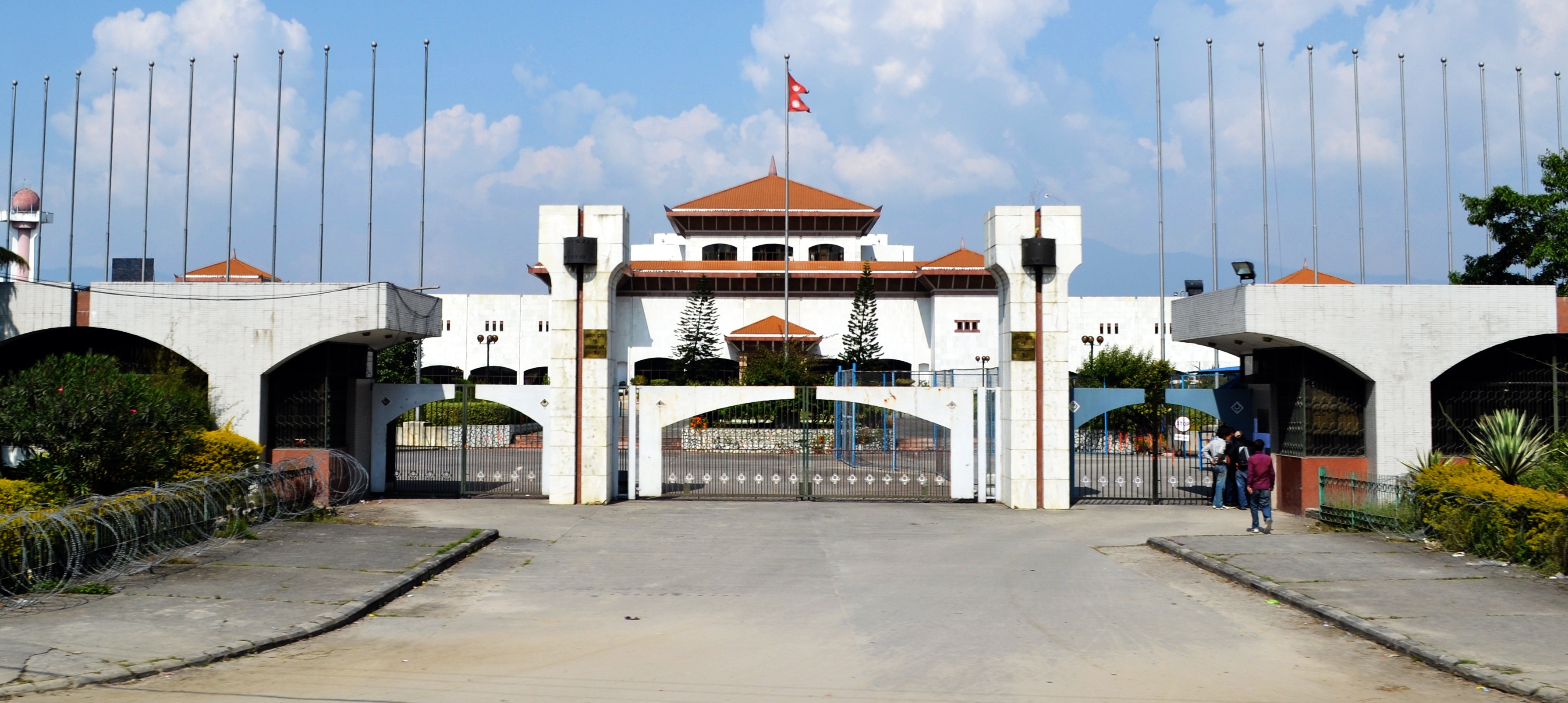The Janata Samajbadi Party, Nepal (JSPN) and some Nepali Congress (NC) lawmakers have pushed separate constitution amendment bills with the intent of addressing the pending concerns of the Madhesi people. The chances of either of these bills getting parliamentary approval are slim. Even the leaders who registered the bills are not optimistic.
As the government is not in a mood to address such private bills in the current budget session, they may not even be tabled in the full house. Right now the parliament is busy discussing the fiscal budget and the bill related to redrawing Nepal’s map.
The JSPN and NC leaders who registered the bills say the objective is to keep the Madhesi demands alive. Both JSPN and NC see Madhes as their base area and are looking to increase their appeal among common Madhesis.
JSPN leaders say their bill is aimed at creating momentum for a possible movement in the Madhes after the lockdown. According to Keshav Jha of JSPN, the new movement will incorporate all marginalized communities who have been deprived of their rights in the constitution. “We will launch a nationwide campaign for constitutional amendment through an alliance called the Rastriya Mukti Aandolan,” he says.
In order to lay the ground for another Madhes movement, two Madhes-based parties—the RJPN and Samajbadi Party Nepal—had recently joined forces to form the JSPN. Both the parent parties had already withdrawn their support to the government, blaming it of neglecting their demands. They had waited for over two years with the hope that PM Oli would amend the constitution as per their demands—to no avail.
Many views
Without the ruling Nepal Communist Party (NCP) on board, it will be impossible to secure the two-thirds votes needed for constitutional amendment. Though the NCP co-chair Pushpa Kamal Dahal is said to be positive about the demands of Madhes-based forces, Prime Minister KP Sharma Oli is not. There are differences between Oli and Dahal over both Madhesi and Janajati demands. Oli believes there is no need to amend the constitution before the next elections, while Dahal is of the view that the ruling party would do well to accommodate the sentiments of the identity-based forces.
PM Oli has repeatedly said, without elaborating, that the national charter would be amended only ‘on the basis of necessity and relevance’. As the constitution has not completed even its first five-year election cycle, Oli and those close to him think, it is too early to make substantial changes. Oli instead wants to engineer a split in Madhes-based forces to strengthen his own party’s position in Madhes.
Meanwhile, both the NC and Madhes-based parties agree in principle that the constitution should be amended, but they are somewhat divided on the contents of amendment.
The amendment bill tabled by the JSPN has several provisions related to language, citizenship, proportional representation of women in state mechanism, and forming a powerful body to investigate the properties of those who hold high positions. Madhesi leaders reckon the current anti-corruption body, the Commission for Investigation of Abuse of Authority (CIAA), is incapable of investigating high-ranking government officials and politicians.
The NC has a position similar to Madhes-based parties on some issues. The bill registered by its lawmakers seeks to ease the process of providing citizenship to foreign women married to Nepali men, guarantee proportional representation of women in state bodies, and increase women’s representation in provincial assemblies. To address the demand of Madhes-based parties on re-demarcation of the borders of federal states, the NC wants a powerful federal commission.
The Madhes-based parties too have asked for a commission to re-think federal border demarcations. Their other demands include easing the process of citizenship for foreign women marrying Nepali men, proportional representation of women from all communities in state mechanisms, more rights to provincial government to make laws and mobilize local bodies, and granting executive rights to the deputy speaker in the speaker’s absence. All these, the Madhes-based parties say, should be done via a powerful federal commission.
Madhes-based leaders say the amendment bills are largely symbolic. “We are not hopeful about a favorable amendment,” says NC lawmaker Amresh Kumar Singh, one of the NC lawmakers to register the amendment bill on his party’s behalf. “Our goal is to expose PM Oli and NC President Sher Bahadur Deuba. They join hands on issues of vested interest. And yet when it comes to amending the constitution to address Madhesi people’s demands, they drag their feet.”
No Indian hand
In the past, India had openly backed Madhesi parties’ demand for constitutional amendment and had even enforced a blockade on Nepal to press for it. But the blockade backfired, and India has since maintained silence on Madhesi issues.
There are speculations that India lobbied with the Madhesi leaders to register their own amendment bills in order to thwart, or at least delay, the charter amendment that would recognize the 372 sq km of Limpidhura, Lipulekh and Mahakali as Nepali territory.
But a senior Madhesi leader requesting anonymity says India has nothing to do with the amendment bills concerning Madhes. “When the Oli government came up with a bill relating to Nepal’s new map, we decided to push our bill simultaneously,” he says.
India considers constitution amendment a bargaining chip with Kathmandu, he adds, and is not supportive of Madhesi demands.
Political analyst Vijaya Kant Karna too does not espy Indian hand behind the twin bills “The current Madhesi leadership still believes their demands can be resolved peacefully,” he says. “They want a win-win solution by convincing PM Oli. The feeling is that if PM is committed to stability and prosperity, he should take Madhes-based leaders into confidence.”










